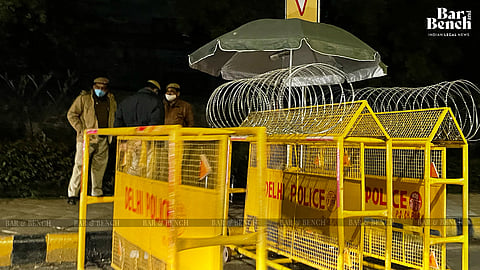The Delhi High Court on Wednesday raised questions about the fairness of the Delhi Lieutenant Governor's (LG) August 13 notification that designated police stations as places for recording the statements of police officials during criminal trials [Raj Gaurav v. Union of India and ors].

